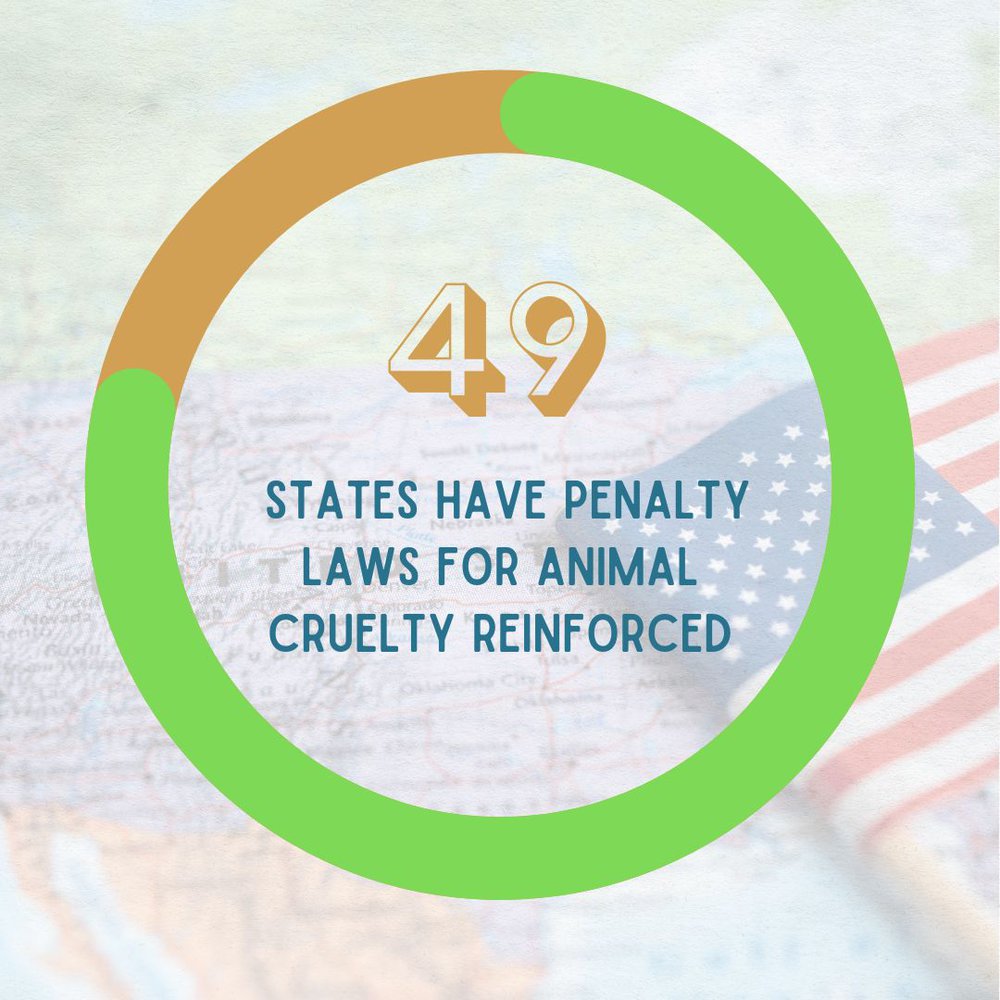Animal cruelty remains a pressing issue globally, a topic ceaselessly marred by inefficacies within legal frameworks that ostensibly exist to safeguard our most vulnerable companions. The criminalization of animal abuse has progressed significantly in recent years, with many jurisdictions enacting stringent laws aimed at curbing cruelty and protecting animals. However, despite these advances, an alarming reality persists: charges related to animal cruelty can, and often are, dropped under various legal scenarios. This raises a crucial question for advocates and legal professionals alike—what are these legal loopholes, and what defense tactics are employed to obfuscate culpability?
To traverse the intricate landscape of animal cruelty law, one must first grasp the foundational principles underpinning the charge itself. Animal cruelty laws vary widely across states, and these disparities can lead to opportunities for defendants to evade accountability. For instance, the concept of “negligence” is often the linchpin in cases of alleged animal cruelty. Many statutes mandate proof of intent or knowledge of harm; thus, a defendant might argue that their actions stemmed from ignorance rather than malicious intent. Such defenses can be compelling in court, particularly in situations where the accused can demonstrate a lack of prior offenses or a genuine misunderstanding of animal care standards.
One of the most elusive aspects of prosecuting animal cruelty cases is the burden of proof. Prosecutors must establish that a defendant not only committed an act of cruelty but did so with a requisite mental state. This requirement elicits a chess game of sorts, wherein defense attorneys will capitalize on any possible ambiguity in the evidence presented. It is not uncommon for defendants to employ the tactic of questioning the credibility of witness testimony or the methods by which evidence was gathered. This can lead to instances where key pieces of evidence are deemed inadmissible, effectively impeding the prosecution’s case and, consequently, leading to the dismissal of charges.
Moreover, the use of expert testimony is often pivotal in these trials. If a defense can enlist a veterinarian or animal behaviorist who can testify that the harm caused was not inflicted intentionally or did not constitute cruelty, the scales of justice can tip perilously. Defense strategies may hinge upon meticulous dissection of what constitutes “cruelty,” often invoking a standard of care that is either incorrectly applied or insufficiently defined by state law. For example, a defendant may argue that their actions were consistent with accepted practice within a particular animal husbandry context, even if those practices may appear barbaric to the layperson.
Another avenue for defendants to exploit is procedural technicalities. Courts are bound by rules of procedure that mandate adherence to stringent protocols during investigations and trials. If law enforcement agencies fail to follow established procedures when collecting evidence, defendants may successfully file motions to suppress this evidence. The fallout from such a motion, regardless of the overarching ethics at play, can result in the erosion of the prosecution’s case, leading to a potential drop in charges or dismissals altogether.
In addition, plea bargains present opportunities for defendants to negotiate outcomes favorable to their interests, often reducing or eliminating charges of animal cruelty in exchange for guilty pleas related to lesser offenses. The reality is that the criminal justice system is often overwhelmed; as such, prosecutors may prioritize efficiencies over the pursuit of animal welfare. This plea bargaining system can inadvertently enable defendants to escape serious ramifications for their actions, perpetuating a cycle of neglect and suffering for animals.
On a broader societal level, cultural attitudes toward animals intersect with legal interpretations of animal cruelty. In regions where certain practices are culturally normative, such as dogfighting or inadequate living conditions for farm animals, the legal system may struggle to apply animal cruelty laws without inciting public backlash or controversy. These deeply ingrained societal perceptions often provide fertile ground for defense arguments that hinge on cultural relativism, thereby muddying the waters of culpability.
The emotional weight of these legal battles can be crushing. For activists and advocates working to expose and rectify animal cruelty, witnessing charges being dropped can feel like a betrayal. The anguish of animal victims often transcends the courtroom, invoking a sense of urgency for legislative reforms that close loopholes and create a uniform standard of care that is recognized nationwide. This battle is as much about the hearts and minds of people as it is about the law itself.
In light of these complexities, the path forward demands that society as a whole takes a staunch stance against animal cruelty. Legal loopholes and defense tactics must be scrutinized, and greater public awareness is essential for holding offenders accountable. Advocacy efforts should not only call for stricter laws but also present solutions for effective enforcement that reflects a profound respect for animal life.
Confronting the reality that animal cruelty charges can be dropped is disheartening; it underscores the critical need for vigilance and reform in our legal structures. By fostering a collective resolve to protect those who cannot protect themselves and advocating for robust changes in animal welfare legislation, we can aspire to create a just society where cruelty has no place. The stakes couldn’t be higher, for the lives of countless animals depend upon our unyielding commitment to justice.








